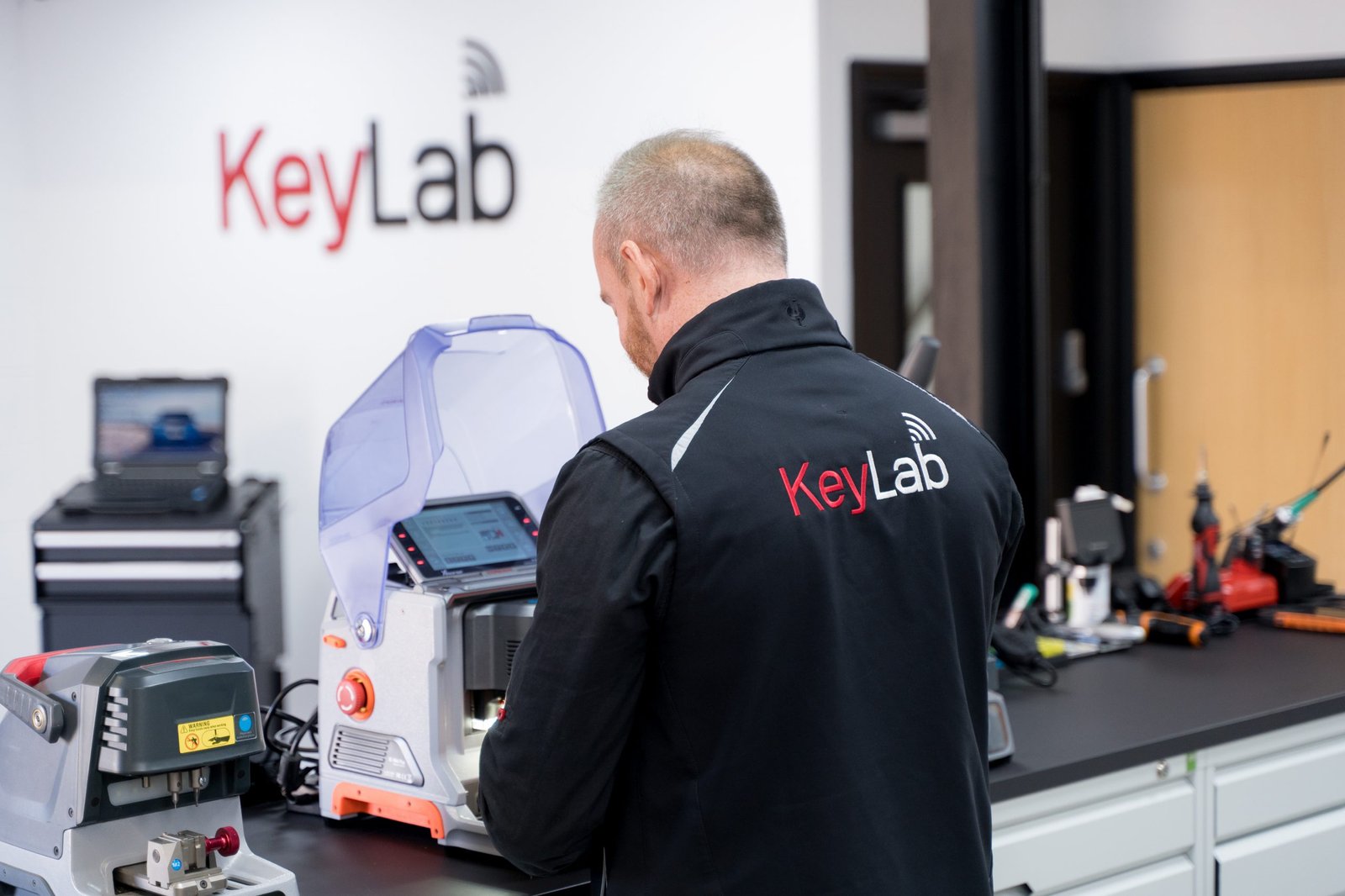Comprehensive Guide to Car Key Replacements: Understanding Your Options
In today's fast-paced world, losing or damaging a car key is a significantly common affair. Car key replacements have evolved considerably over the years with advancements in technology, and car owners now have a variety of options to think about. This article will explore the different types of car keys, methods for replacement, expense ramifications, and other essential considerations for car key replacements.
Types of Car Keys
Comprehending the kinds of car keys is vital for knowing the replacement alternatives offered. Below is a summary of the different types:
| Type | Description |
|---|---|
| Standard Key | A non-electronic key that mechanically unlocks and ignition. |
| Transponder Key | A key embedded with a microchip that interacts with the car's ignition system for added security. |
| Key Fob | A push-button control utilized to unlock doors and start the engine wirelessly. Frequently includes a transponder chip. |
| Smart Key | Enables keyless entry and ignition, making use of proximity sensing units and advanced innovation. |
| Valet Key | A limited key that limits access to specific features of the vehicle, generally used by parking attendants. |
Understanding the Replacement Process
When it comes to car key replacements, it is vital for car owners to be familiar with the choices available. The following approaches illustrate how car keys can be replaced:
1. Dealer Replacement
- Process: The vehicle owner goes to the car dealership and supplies proof of ownership. The dealer may require the Vehicle Identification Number (VIN) and additional identification.
- Pros: Trusted source, guaranteed compatibility, frequently includes programming.
- Cons: Typically the most costly option.
2. Expert Locksmith
- Process: A licensed locksmith professional goes to the car location or operates from their shop. They cut and program the replacement key.
- Pros: Generally less expensive than dealers and can offer a range of key options.
- Cons: Limited ability for some innovative keys and fobs, may not have OEM (Original Equipment Manufacturer) parts.
3. Do-It-Yourself (DIY)
- Process: Car owners can purchase key blanks and programming packages online or from hardware shops. Follow particular guides for programming.
- Pros: Cost-effective and practical.
- Cons: Risk of errors, absence of expert quality, and possible security problems.
4. Mobile Key Cutting Services
- Process: Mobile services pertain to your location to cut and configure keys.
- Pros: Convenient and typically more affordable.
- Cons: May require a waiting period, and rates vary based upon range and service quality.
5. Insurance Coverage
- Process: Some vehicle insurance plan cover losses due to taken or lost keys.
- Pros: Potentially substantial expense savings.
- Cons: Coverage limitations and possible deductibles could apply.
Aspects Influencing Replacement Costs
The cost of changing a car key can differ extensively depending upon several aspects, such as:
- Type of Key: Traditional keys are normally less costly to replace than transponder keys or smart keys.
- Model and Make of Vehicle: Luxury and more recent models might have greater replacement expenses due to sophisticated technology.
- Location: The typical market rates for locksmith professional services or car dealerships can affect rates.
- Key Programming: Programming costs might be separate from key cutting expenditures.
Here's a basic breakdown of replacement costs:
Estimated Costs of Car Key Replacement
| Key Type | Approximated Cost Range |
|---|---|
| Conventional Key | ₤ 5 - ₤ 25 |
| Transponder Key | ₤ 50 - ₤ 300 |
| Key Fob | ₤ 50 - ₤ 600 |
| Smart Key | ₤ 200 - ₤ 600 |
| Valet Key | ₤ 10 - ₤ 30 |
Important Considerations
While checking out car key replacements, it's crucial to bear in mind of the following:
- Proof of Ownership: Always have documentation that shows ownership when looking for a replacement.
- Security Concerns: Keep in mind that lost keys position security risks; if there's an issue, think about rekeying locks.
- Service warranty and Insurance: Check if your car is under warranty and if it covers key replacements.
- Future Security: Consider upgrading to more safe alternatives like smart keys if your vehicle supports it.
FAQs About Car Key Replacements
Q1: Can I replace my car key myself?A1: Yes, it is possible to replace your car key yourself, especially if you purchase key blanks and have programming tools. Nevertheless, ensure you follow instructions accurately to prevent problems.
Q2: How long does it require to replace a car key?A2: Replacement time depends on the approach used. Car dealerships may take longer due to shows, while mobile locksmiths can frequently do it on-site within minutes.
Q3: What should I do if I lost my car key?A3: If you lose your car key, evaluate your needs and select a replacement method. Consider calling a locksmith professional or your vehicle's dealership for next steps.
Q4: Are replicate keys thought about replacements?A4: No, duplicates are copies of existing keys, while replacements are brand-new keys made when the original is lost, broken, or not operating.
Q5: Will my car's alarm be impacted if I replace the key?A5: It depends on the key type. Normally, an effectively configured replacement will not impact the alarm. Nevertheless, Replace Lost Car Key may require to be synced or configured to the alarm system.
Car key replacements are more simple than they have ever been, yet comprehending the different options and their ramifications can save time and cash. By acquainting oneself with the kinds of keys, the replacement procedure, and potential costs, car owners can navigate this challenge with greater ease. Whether choosing a car dealership, locksmith professional, or a DIY technique, staying informed guarantees smarter choices for protecting car access.

